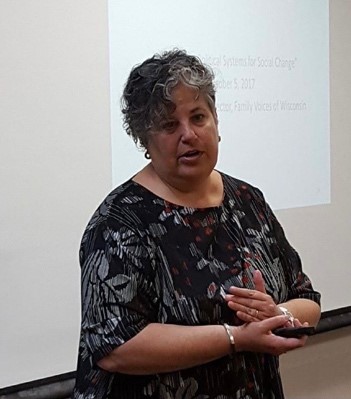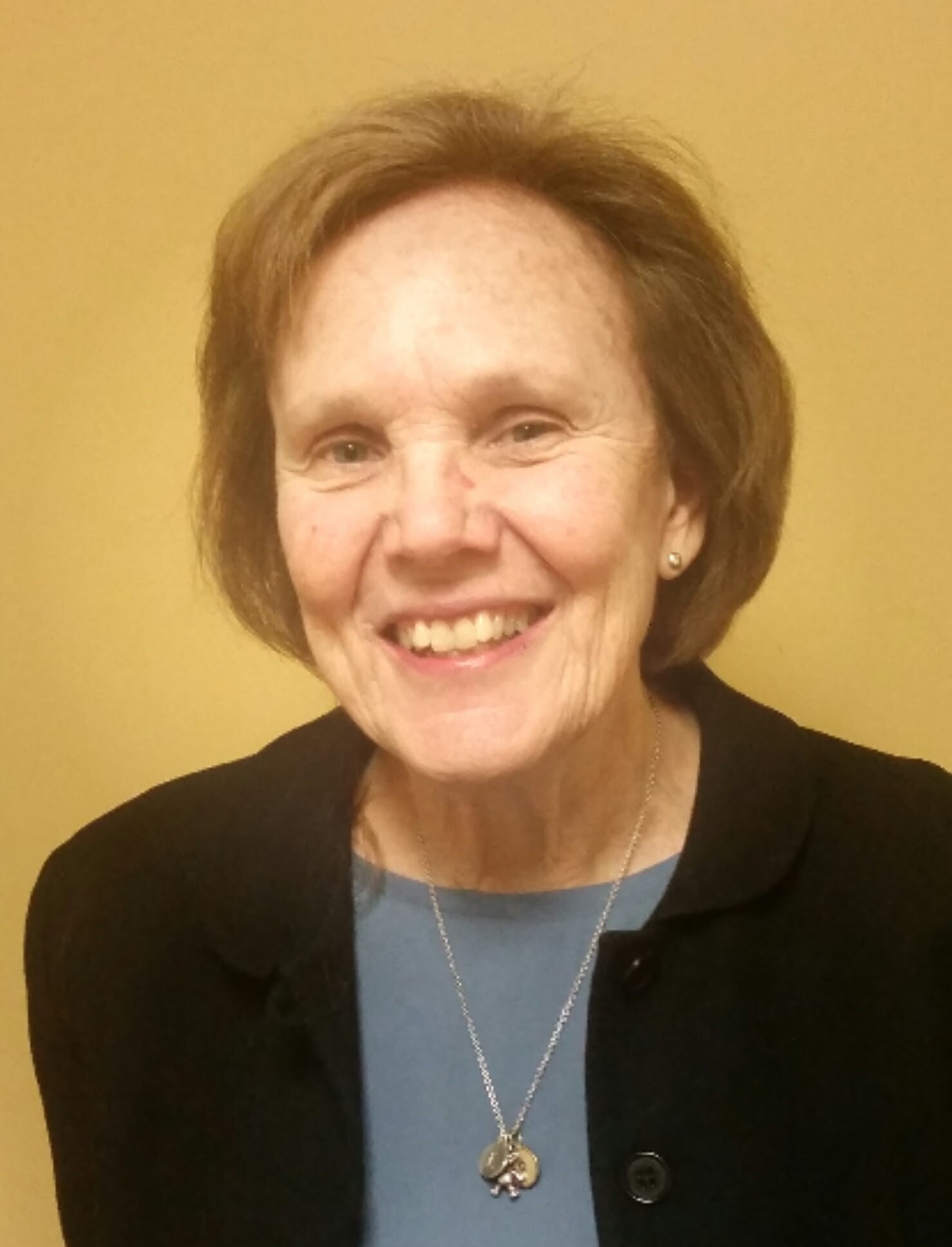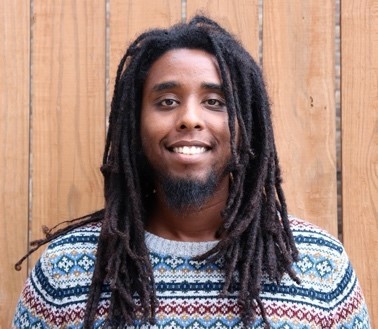Sleep and Rest
Why is Sleep Important?
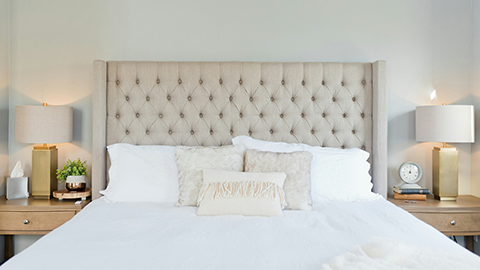
The Difference Between Sleep and Rest
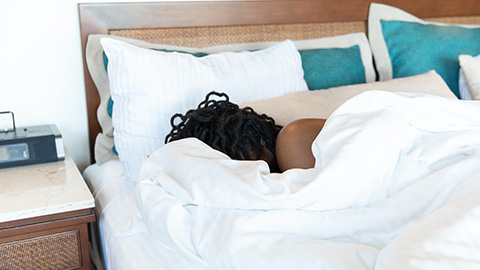
Learn more about the difference between rest and sleep
Black Americans and Sleep: The Connection between Sleep, Rest, and Health Disparities in the Black Community

There are racial disparities in sleep.
A 2022 study from Yale University found Black Americans had the highest rate of short sleep, compared to their white and non-white counterparts.
In the 2022 Allure Article, “Why Is Exhaustion So Normalized for Black Women?”, Alisha Acquaye writes, “A 2020 study published in the journal Sleep found that higher levels of perceived racism were associated with increased odds of insomnia among middle-aged and elderly Black women. Because insomnia can have negative effects on one’s health, the racism internalized by Black women has led to medical disparity.”
Dr. Karen Lincoln, a University of California, Irvine professor of environmental and occupational health, writes in her article, “Impact of Racism and Inequities on African Americans’ Sleep and Well-Being”, that “African Americans have shown to have disproportionately higher rates of sleep disorders (sleep apnea, insomnia, more light and less deep sleep, delayed onset, more daytime sleepiness, and shorter sleep duration) compared to any other racial and ethnic groups in the U.S.”
In The Joy of Thriving While Black, Charisse M. Williams writes:
“Why is it so hard to take a break? As soon as I asked the question, I knew the answer came from all these ideas embedded in our culture:
Sleep when you're dead.
Burn the midnight oil.
Get rich or die trying.
Rise and grind.
Then layer on top of that the mantras drilled into Black folks:
You have to be twice as good.
You have to work twice as hard.
The list of expressions that glorify working ourselves to the bone goes on and on. We live in a culture that ties self-worth to productivity and rewards busyness. This approach to living undermines our ability to devote time and attention to our well-being.”
In the Forbes.com article, “Reports Show That Black People Experience More Sleep Deprivation Than Other Groups”, Janice Gassam Asare writes that “there are several possible explanations for this racial disparity in sleep. One of the most pervasive stereotypes about Black people is a categorization of laziness. Many of these racist beliefs attributed to Black people started during slavery and are still pervasive today. Within the Black community, there may be internalized beliefs that sleep and rest will be associated with laziness, which can contribute to sleep disparities. The pay gap may also impact sleep inequality. An additional factor that may contribute to the racial sleep gap is housing discrimination. People of color are more likely to live in food deserts—areas with less access to healthy and nutritious food. Our sleep can be impacted by our diet, so it’s probable that those eating less nutrient-rich diets are getting lower quality sleep. People of color are more likely to live in areas with environmental hazards, which can be a contributing factor to sleep disparities. A 2019 study found that air pollution was associated with a reduction in sleep duration. Another study found that poor air quality was linked to heart and lung disease as well as sleep quality.”
It is vital that Black people get more sleep and rest. We hope that the resources included in this section will help to support this journey of better sleep and more time resting. Better sleep and rest are vital to anti-racism work.



